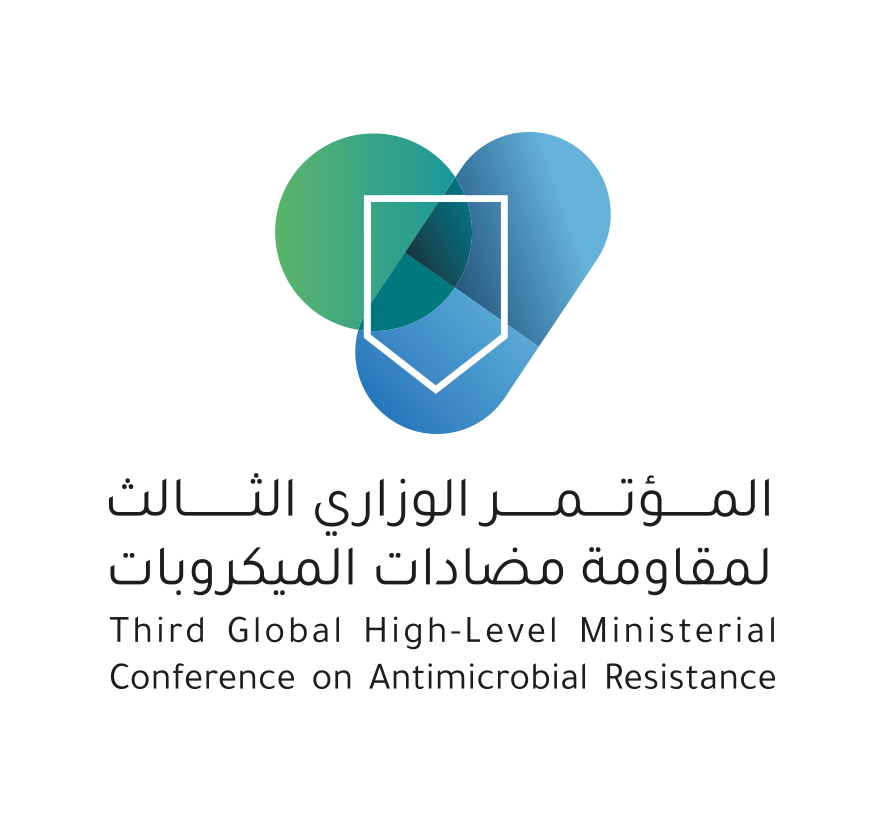
AMR Conference 2022 Sultanate of Oman
The Sultanate of Oman is hosting the 3rd High-level Ministerial Conference on Antimicrobial Resistance (AMR) in Muscat, Oman on 24 and 25 November 2022 to accelerate tackling AMR at the national, regional, and global levels and to enhance international cooperation. It will build on the success of the two previous High-level Ministerial Conferences held in the Netherlands in 2014 and 2019. High-level participation will include ministers of health, agriculture, animal health, the environment, and finance, as well as policymakers, key global experts, and representatives from the private sector, civil society, research institutions, and multilateral organizations. The conference will be conducted through keynote speeches, case studies to demonstrate best practices, and interactive discussions between participants. The conference will be an opportunity for an interactive dialogue on One Health action to address the AMR pandemic.
Theme: “The AMR Pandemic: From Policy to One Health Action”
AMR is a continuous pandemic that is making infections in humansand animals harder to treat. It threatens recent gains in key areas of global health, food security, economic growth, and development. New estimates have identified 1.2 million deaths in 2019 from drug-resistant infections.Without action, by 2050 AMR could lead to a death toll of up to 10 million deaths annually, a 3.8% reduction in annual gross domestic product (GDP) and push as many as 28 million people into poverty by 2050. The World Bank Group predicts that by 2050, global livestock production will have declined from by at least 2.6% up to a possible 7.5% per year as a result of AMR. The World Economic Forum has identified antimicrobial resistance as a global risk beyond the capacity of any organization or nation to manage or mitigate alone.
There has been some global progress in addressing AMR. The Global Action Plan on AMR was adopted by the World Health Assembly in 2015 and subsequently endorsed by the Food and Agriculture Organization of the United Nations (FAO) and the World Organisation for Animal Health (OIE). At the 2016 United Nations High-level Meeting on AMR, global leaders committed to tackling AMR and called upon the Tripartite (FAO, OIE, and WHO) to scale up support through a One Health approach. Most countries have now developed AMR National Action Plans (NAP); however, there are major challenges in funding, implementing, scaling up, and sustaining the full range of essential programmatic and effective interventions.
In 2019, the UN Secretary-General had called upon Member States to deliver the urgent support and investment needed to scale up AMR responses at national, regional, and global levels, recommending that AMR be included in the UN Sustainable Development Cooperation Framework. The Global Leaders Group on AMR was established in 2020 in response to the urgent call for global governance and leadership. Establishing two AMR SDG indicators is a key milestone in recognizing the importance of monitoring AMR as part of the SDGs at national and global levels and catalyzing One Health action on AMR.
The COVID-19 pandemic, once again, demonstrates the critical linkages between humans, animals and the environment. The pandemic has reiterated the importance of early investment in prevention, preparedness, and response towards hazards. The world needs to ensure that the political momentum is translated into concrete coordinated action at national and global levels to accelerate and coordinate One Health actions to address the growing AMR pandemic and effective delivery of the Sustainable Development Goals (SDGs).
This conference comes at a critical moment in which we need to capitalize on the achievements thus far and create a renewed momentum to bring the world together to address this complex health agenda, the ramifications of which reach far beyond human health.
Conference Objectives
- Promote the importance of political commitment to the One Health approach in addressing the AMR pandemic;
- Highlight the role of the environment in the spread of AMR and the importance of surveillance and monitoring of both AMR and antimicrobial use across all three domains (humans, animals and the environment);
- Share successful examples in implementing the whole-of-government and One Health approaches to mitigate the threat of AMR;
- Provide opportunities for collaboration and partnership between countries and international organizations to address AMR in the context of the SDGs.
Expected Outcomes
- The Muscat Declaration on accelerating One Health action on AMR to meet the 2030 SDGs targets.
- Recommendation on a global framework for a One Health surveillance system for AMR.
- Secure the inclusion of AMR in the United Nation Sustainable Development Cooperation Framework.

